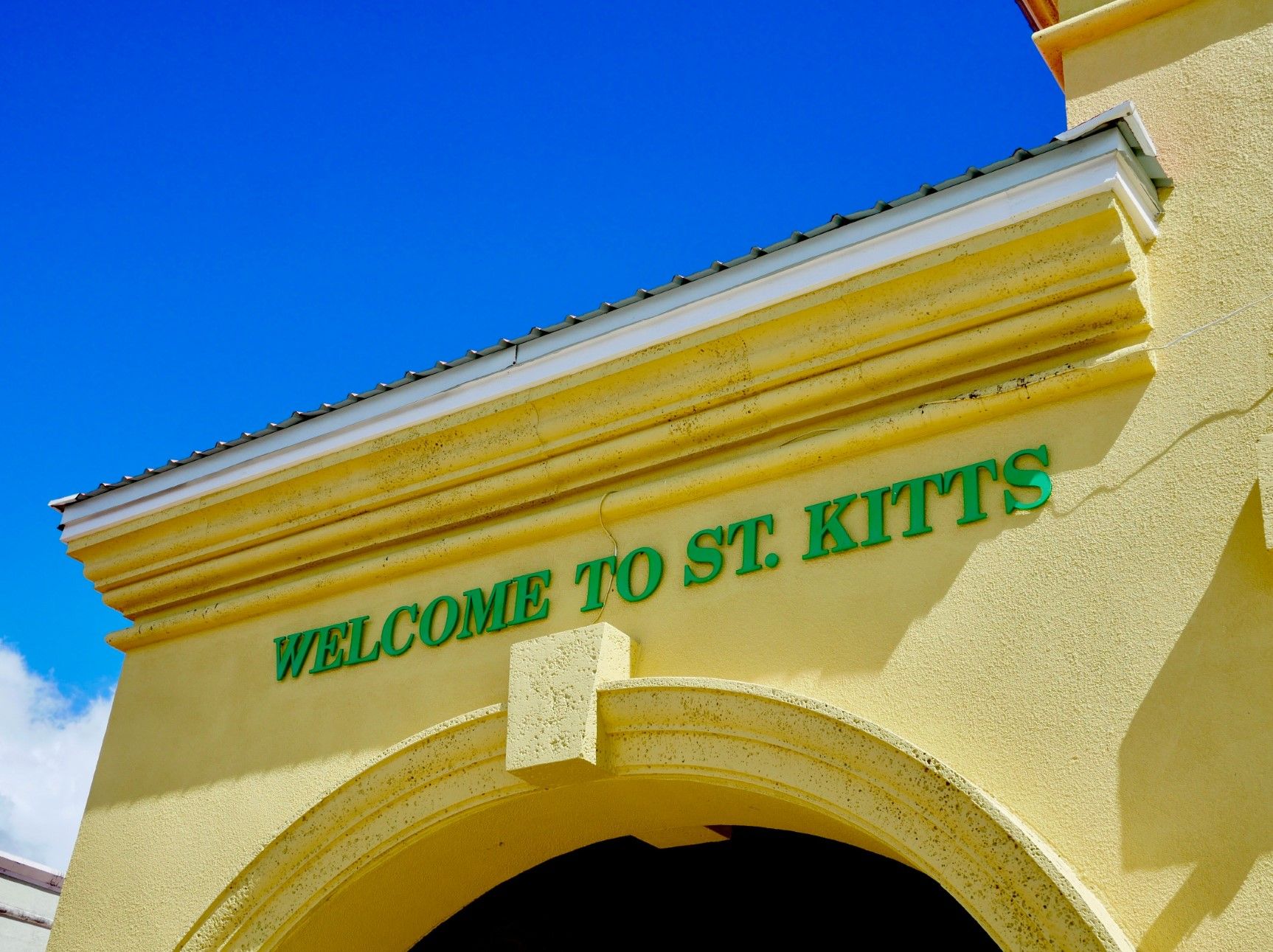Basseterre, Saint Kitts and Nevis – Prime Minister Hon. Dr. Terrance Drew has unveiled sweeping changes to the federation's Citizenship by Investment (CBI) Programme, marking the most significant reforms in the programme's 40-year history. The upcoming legislation, expected to be presented to Parliament in the coming weeks, introduces two groundbreaking requirements that will reshape the investment migration landscape.
Core Reforms: Residency and Enhanced Security
The centrepiece of the reform package establishes a mandatory physical residency period for all CBI applicants, a first for the Caribbean nation. While the exact duration remains to be finalized in the legislation, this requirement signals a strategic shift toward attracting investors with genuine ties to the country.
Complementing the residency clause, the government will implement a state-of-the-art biometric verification system. This technological upgrade will incorporate fingerprint scanning, facial recognition, and iris detection capabilities, bringing St. Kitts and Nevis in line with global security standards adopted by leading immigration programmes worldwide.
Strengthening Programme Integrity
At a press briefing at Government House, Prime Minister Drew framed these changes as essential for the programme's long-term viability. "By implementing these reforms, we're not just responding to international concerns – we're proactively setting new benchmarks for the industry," the Prime Minister stated. "The residency requirement ensures our citizenship is granted to those who truly wish to be part of our nation's future, while the biometric systems provide an unprecedented level of security."
These measures build upon earlier enhancements made since 2022, including increased investment thresholds and the introduction of mandatory applicant interviews. Government officials confirm the reforms align with the Caribbean's Six Principles agreement on CBI standards, demonstrating regional cooperation on programme integrity.
Implications for Stakeholders
The real estate sector anticipates increased demand for long-term rental properties as applicants fulfill residency requirements. Legal practitioners are preparing for more complex application procedures, while technology providers see new opportunities in implementing the biometric infrastructure.
International observers note these changes come at a pivotal moment for the investment migration industry. With the EU increasing pressure on CBI programmes and global scrutiny intensifying, St. Kitts and Nevis appears positioned to leverage these reforms as a competitive advantage in attracting quality investors.
If you need advice on obtaining citizenship of St. Kitts and Nevis, we will be happy to help you with this matter.



